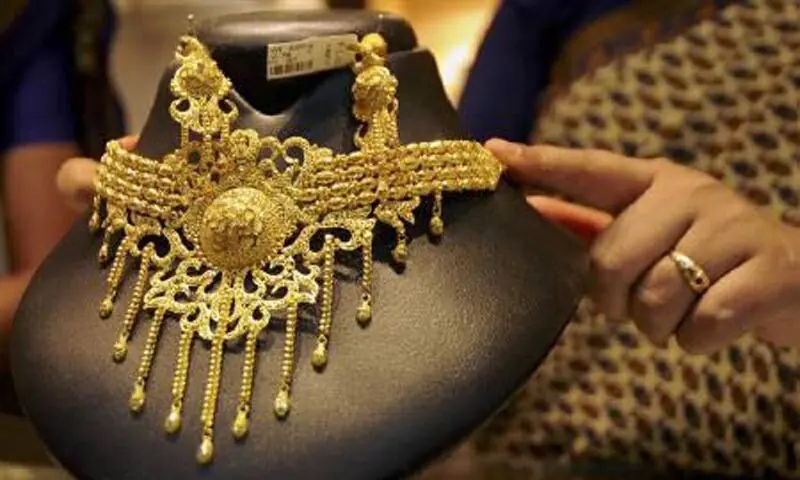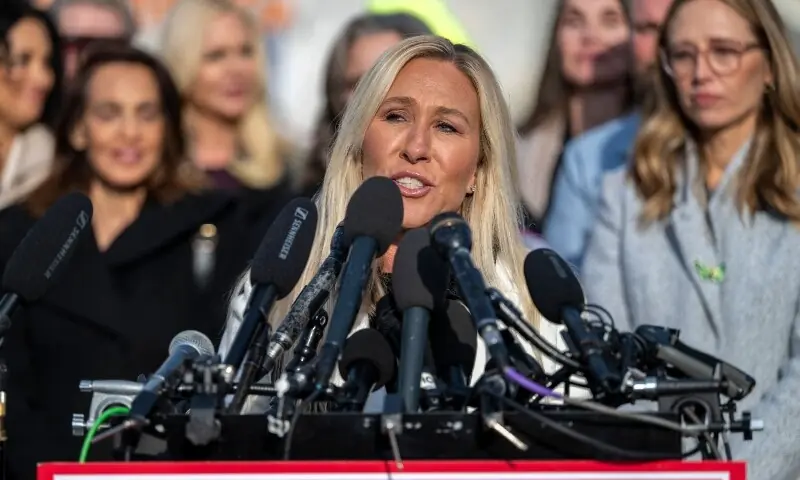PRIME Minister Narendra Modi’s face was shining as he approached the podium to address a lively crowd celebrating the BJP’s surprise election victory in the state of Bihar.
After thanking the people of Bihar, Modi immediately fell back on the BJP’s familiar narrative. In criticizing the Indian National Congress, Modi pejoratively referred to it as the “Maoist-Muslim League Congress,” partly an allusion to the Congress’s supposed weakness for Bihar’s Muslims, who make up 18 percent of the state’s population.
The BJP’s jubilation is not without cause. The party has become the largest party for the first time in Bihar by improving its tally to 89 seats compared to 74 in 2020. In total, the National Democratic Alliance (the BJP and its allies) advanced with 202 seats in the 243-seat assembly.
It is important to understand the factors behind this remarkable electoral victory in Bihar as the same formula is likely to be repeated in the upcoming state elections. Before Chief Minister Nitish Kumar, an ally of the BJP in the recent elections, came to power two decades ago, Bihar, a state of about 135 million people, had rampant anarchy or the ‘Jungle Raj’.
In the first decade, Kumar focused on providing public goods, primarily roads, bridges and access to electricity. But unable to create jobs for India’s poorest state, Kumar soon lost steam. Instead of turning to pro-market policies that would generate competition, economic growth and jobs, without increasing the state’s fiscal deficit, Kumar became more statist in Bihar, where state spending already represented 34 percent of GDP, double the national average.
As in India, political parties in Pakistan are aware of the transformative political power of cash transfers.
Economists are familiar with the manipulation of macroeconomic policy tools to stimulate the economy and create jobs before elections and ensure re-election. These trends were first captured by the “political business cycle” literature that includes Nobel laureate William Nordhaus among its pioneers.
However, the rapid digitalization of government services in India has exacerbated the phenomenon described by Nordhaus. Perhaps in what could be described as digital political economic cycles, some politicians can now use digital payment systems to engage in “virtual vote buying” by reaching out directly to voters just before elections.
In recent years, all political parties are increasingly using cash transfer programs specifically targeting women to win elections in India. Despite speaking out eloquently against the use of such tactics (the “revdi culture”), Modi’s party used women-oriented financial support schemes ahead of elections in Maharashtra last year.
In the most recent election, Kumar announced pre-election plans worth 3 percent of GDP despite Bihar’s fiscal deficit of 6 percent of GDP. Before the polls opened, Kumar started sending INR 10,000 to one woman from each family, claiming that it was “seed money” for small businesses like beauty salons, dairy units, tailor shops and retail kiosks.
Needless to say, with little supervision, and due to the fungibility of money, the amount was probably consumed immediately. Economists warn that such populist policies can create serious fiscal implications as Bihar will be forced to rely on additional debt financing to sustain such expenditures.
According to Indian political analyst Neerja Chowdhury, these cash transfers underpinned the election results in Bihar. The 2025 Bihar elections saw a record overall voter turnout of 66.91 per cent, the highest since 1951.
This was driven by a historic increase in female turnout, where female turnout stood at 71.6 percent, significantly surpassing male turnout (62.8 percent) and marking a clear milestone from the female turnout of 60.48 percent and 59.69 percent of the previous two elections. In a sense, by handing out money directly to voters, the BJP and its allies were able to encourage women to break away from traditional loyalties of caste and identity.
To be sure, the BJP’s rivals in Bihar had also promised benefits (a government job for each family) if they were elected to office. In this case, however, voters did not consider these to be credible commitments as the government’s jobs promises seemed too good to be true.
It seems that, like in India, Pakistan’s political parties are fully aware of the transformative political power of cash transfers. This is why, despite being allies at the federal level, Pakistan’s two main political parties were recently at loggerheads.
After the recent floods, the PPP had asked the PML-N government in Punjab to provide flood relief through the PPP’s signature Benazir Income Support Program (BISP). Despite repeated requests, the PML-N strongly resisted the demand of its federal ally in the province, arguing that the amounts provided through the BISP were not sufficient to cover flood-related damages.
Meanwhile, BISP allocations have increased steadily over the years. This year, the BISP allocation was increased by 20 percent to Rs 716 billion. The ability of cash transfers to tip the electoral balance in India, and the awareness of this phenomenon by Pakistani politicians, does not bode well for Pakistan’s future fiscal management.
While providing unconditional cash transfers to poor citizens is commendable, political competition can lead to exponential increases in BISP allocations in the future, especially as we approach the next elections.
Back in India, there were multiple deaths in a bomb explosion near the Red Fort in Delhi the night before the second round of elections in Bihar. Although it is too early to trace a connection, this tragic incident may also have impacted the election results, especially after the conflict between Pakistan and India earlier this year.
In an attempt to highlight his strongman image, Modi repeatedly alluded to the conflict between Pakistan and India during the election campaign. Criticized by opposition leader Rahul Gandhi for “lacking courage”, the BJP even called Gandhi the “model of Pakistan”. Surprisingly, while the normally bellicose Indian media seems to have calmed down, Pakistan continues to live rent-free in the BJP’s imagination.
In all likelihood, Modi’s victory in Bihar and the BJP’s strong political push for the upcoming state elections will embolden foreign policy hawks in India. This is especially true because India was unable to achieve any of its military or political objectives in the recent conflict with Pakistan.
The BJP’s surprising performance underlines its strategy to consolidate power in different Indian states: direct cash transfers and a potent anti-Pakistan narrative. As the party looks to maintain this momentum for the upcoming state elections, Pakistani policymakers should be wary of runaway social spending, which could ultimately encroach on vital defense resources.
The writer completed his doctorate in economics with a Fulbright scholarship.
aqdas.afzal@gmail.com
X: @AqdasAfzal
Published in Dawn, November 22, 2025








